Caring for Your Senior Dog
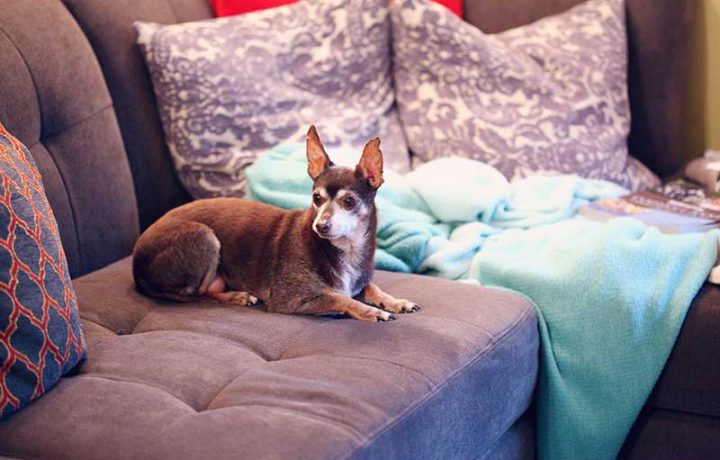
Whether you have watched your puppy grow into a mature dog or were brought to each other when you both needed it the most, chances are you have (or will have) a senior dog on your hands. There are many factors to consider when identifying a geriatric dog including breed, size and age. Larger dogs are thought to enter into their senior years sooner than their smaller counterparts. Below we will discuss common ailments seen in our geriatric canines, including preventative measures and treatment options.
You May Also Be Interested In:
- What to Do When Your Dog Goes Blind
- Enriching the Lives of Hearing Impaired Dogs
- 5 Ways CBD Treatments Can Help Your Pet
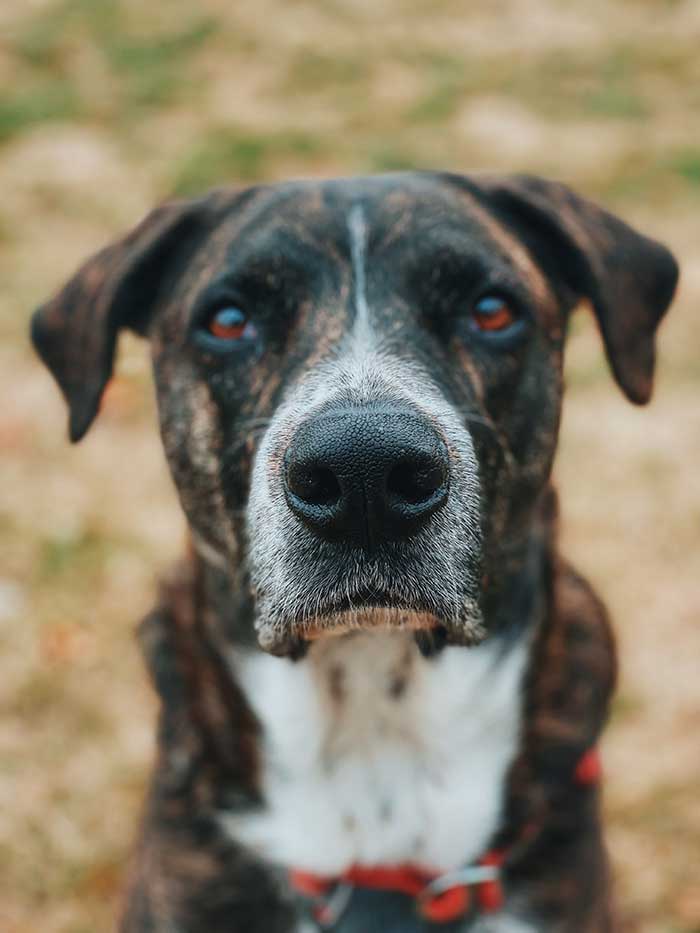
Body Composition
As your dog ages you may notice physical and mental changes. But what you may not see is that their nutritional requirements change too. Muscle atrophy or muscle loss is commonly seen in senior dogs due to decreased activity and a change in their ability to process protein. Many geriatric dog owners transition to a “senior” diet to help meet these nutritional requirements. However, many older canine diets aim to limit weight gain (another common symptom of aging) by cutting protein, thus accelerating muscle atrophy. A well balanced diet with easily digestible protein, in moderation, is the ideal diet for an aging pet.
Adding an all-natural supplement backed with clinical studies such as Fortetropin® into your dogs’ daily regimen, has been shown to help accelerate gains in muscle mass, improve mobility, and enhance recovery from injury. Made from fertilized egg yolk, Fortetropin has proven to help maintain muscle mass.
Mobility
The most common orthopedic condition seen in senior dogs is degenerative joint disease or osteoarthritis (OA). This is caused by cartilage breakdown commonly found in your dog’s joints (elbows, knees, hips, etc.). Cartilage within the joint acts as a cushion. When it begins to wear down, bone on bone contact occurs. This causes pain and inflammation. Osteoarthritis can be seen in dogs of all ages and may be caused by traumatic events, hereditary conditions, or simply from wear and tear. Veterinarians can prescribe non-steroidal anti-inflammatory drugs (NSAIDS) to help with discomfort and inflammation associated with OA. As with all drugs, there is a risk to benefit ratio. Your veterinarian should closely monitor your pet’s bloodwork prior to and through-out use.
Maintaining an active lifestyle through exercise or therapeutic sessions, like underwater treadmill at your local canine rehab facility, can help keep your senior dog thriving. It is not uncommon for dogs to slow down as they age. However, mobility issues such as difficulty getting up from lying down, trouble with stairs, or weakness can be signs of degenerative orthopedic or neurologic diseases. If you notice a change in your dog’s mobility, seeing your primary veterinarian or a specialist can help you identify the cause and formulate a balanced plan to support your aging canine.
Including a complete joint health supplement with proven ingredients such as glucosamine chondroitin into your senior dogs’ daily regimen can help promote joint comfort and function. Fish oil, rich in Omega-3 fatty acids, is another important supplement to include in your senior dog’s daily regime.
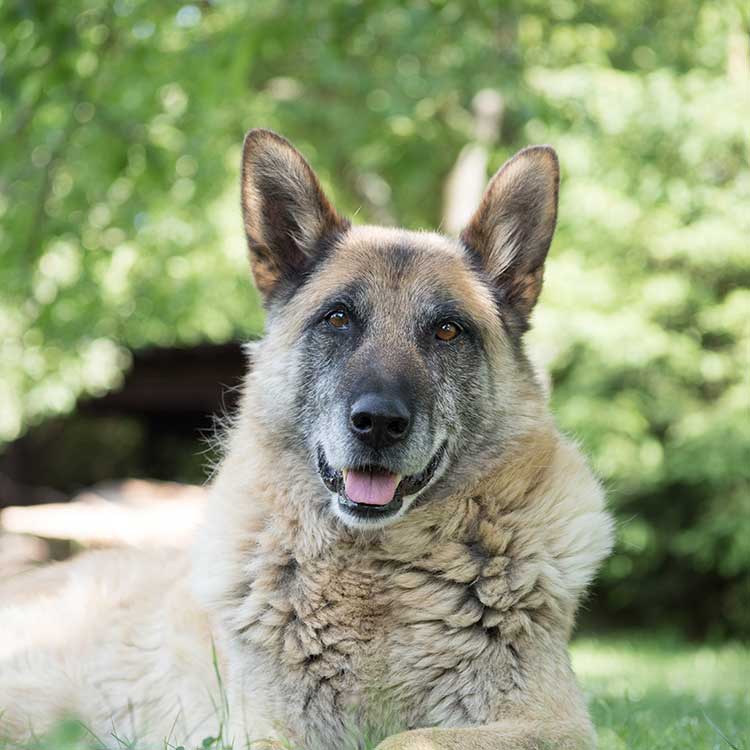
Oral Health
Periodontal disease is another issue that commonly arises in senior dogs yet can be easily overlooked. As your dog ages their oral health can decline. A common misconception is that dogs naturally have bad breath. A dog’s bad breath can be one of the first signs of poor oral health. Your veterinarian will evaluate your dog’s oral health during their routine visits and can give you insight on whether it is time for a dental cleaning.
Overall Comfort
If your senior pet has a hard time getting up in the morning, it could be due to their bedding. Bedding that deflates or flattens when laid on for long periods of time can create pressure on joints. This causes stiffness and discomfort upon rising. Providing a bed with adequate support can help bring relief and comfort to their achy joints through even weight distribution. Look for beds that control weight distribution and prevent painful pressure points for dogs of all sizes.
Massage therapy is another way we can provide overall comfort and wellness to our senior dogs. Formal physical therapy through a certified veterinary rehabilitation specialist is a great place to start. Massage therapy can help decrease muscle tension, alleviate discomfort and reduce stress within your aging pet’s body. Massaging your senior dog daily supports these benefits as well as strengthening your bond with your pet.
Senior Dog Sanctuary
For those who wish to care for a loving senior dog, we suggest you research local senior dog sanctuaries in your area. These dog sanctuaries are committed to caring for all aging pets. In Maryland, we refer pet owners looking to adopt a senior dog to the Senior Dog Sanctuary of Maryland. Committed to finding placement for all pups in their care, their experienced staff works hard to ensure the health of these elderly dogs.



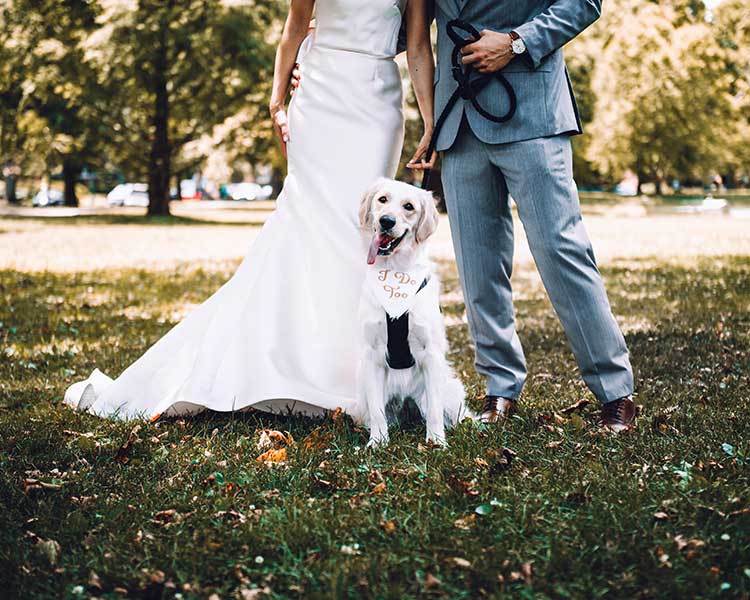
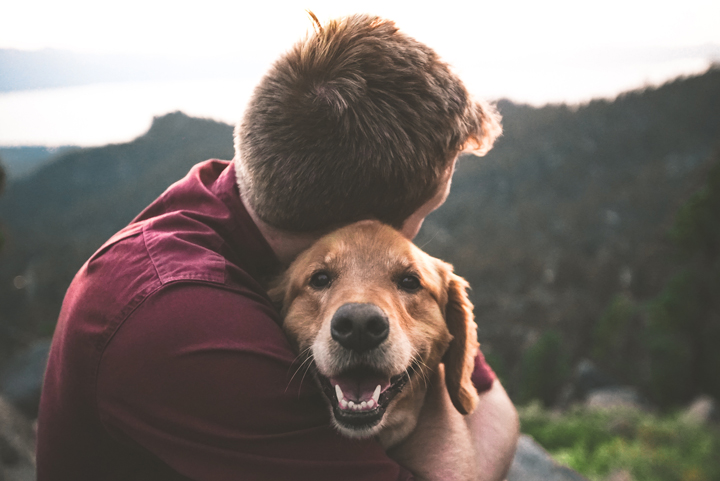
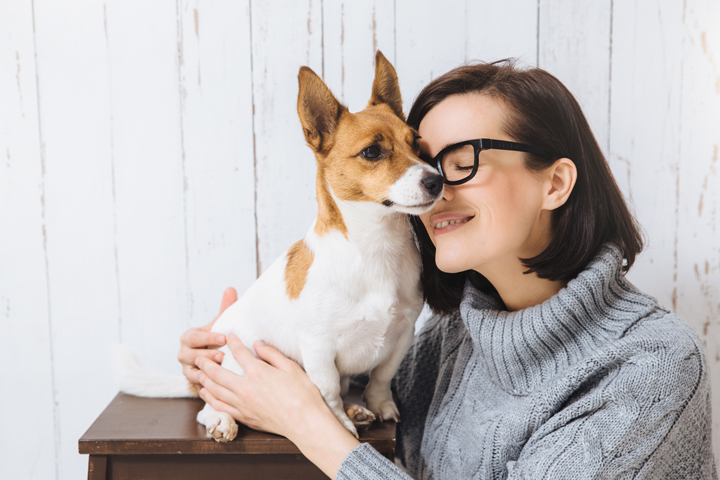


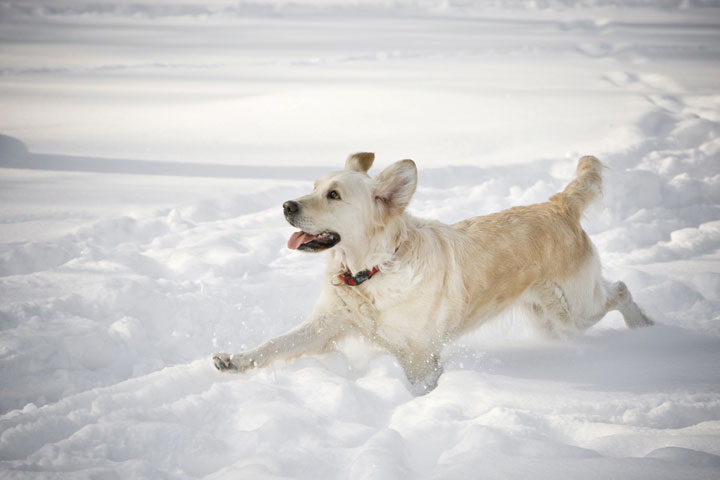

Leave a Reply